By Ziri Rideaux and Brendan Miller © March 2021
For a year now, the world has been listening to scientists and politicians and trustingly followed their ever-changing findings, opinions and directions on Covid. Initially it was 2 million dead Americans in a few months, then just 100,000. Masks were initially declared unnecessary, then vital for all, then maybe not. We endured curfews, road signs warning us to stay home to save lives, closed hair salons, gyms, parks, beaches, had them reopened, reclosed. It was declared OK to fly but not to meet your neighbors. The vaccines were supposed to save us, then declared unsafe, then declared ineffective against infections – and even pointless against new virus strains. While Covid numbers are finally down, things are looking up, people are longing for spring sun and the end to loneliness, poverty and bankruptcy, we’re still being bombarded with new warnings of a coming 4th wave.
The lockstep, pre-chewed media digest feeds us Covid as a medical event, as an economic disaster and a social strain. Any other narrative has been discredited, censored and eliminated. Yet it’s high time for another perspective:
Covid19 is a virus that mainly impacts the lungs. In Chinese and Shamanic medicine, the lungs represent the place where grief resides. We hold our personal (and collective) grief in our lungs. Coughing is a well-known shamanic practice of “purging” emotions like grief and anger. Part of the healer’s self-clearing after a ceremony is to cough in order to expel the energy the Shaman has absorbed from a patient. In 2021, no one even dares to cough in public anymore.
Could it be that Covid is an expression of collective grief we feel? What are we grieving? Who is grieving?
Covid19 appeared at a time when the Western culture was already in deep crisis. Just when Covid hit, millions of young people mainly in Western countries were protesting “business as usual” in governments, Davos and Wall Street. The growing environmental catastrophe was threatening to destroy their future. The young no longer wanted to follow in the footsteps of their elders. They had lost trust and demanded profound change. At the same time, the international banking system experienced a crisis like never before. Additionally, the political power of the West was waning. The American empire was in free fall, economically, morally and socially. Covid didn’t cause this collapse. It just accelerated a long hidden trend.
Could it be that Covid is a collective, physical expression of the secret grieving process in the West about the loss of leadership position? Could it be that Covid (no matter if man-made or transmitted by animals) finally makes apparent the subconscious grief we all feel? Hidden, long-held guilt about the ill-gotten gains from colonialism and slavery? Anxiety about being found out and judged? Fear, that billions of down-trodden people will rebel against an self-appointed “Elite” who for so long has absorbed way more than their fair share and produced most of the pollution? Depression about the loss of a myth we believed in: that we were “bringing Democracy and Christianity”. There is a secret, collective knowing (even though never mentioned in the mass media) that things will radically change. That the tables are turning and that we will lose many of our privileges. That we will have to share. That we might not be the “good guys”.
The illusion of absolute control, which has entered our culture with the arrival of Science, is coming to an end. This illusion has been used for centuries to justify why the West should be “superior” to indigenous populations. It is still used by American politicians today in their self-delusion expression that “the world wants America to lead”.
Science and medicine were hijacked by big business and their financial interests over a century ago. Just last year, a whopping $47 billion (1) were spent by the 10 biggest pharmaceutical companies on advertisement. This is how much it costs to make us believe their lies. To create the bubble of ignorance we now confuse with our reality. Big pharma paid the mass media to create mass hysteria. They created a culture of mistrust and denunciation, where no neighbor can trust another. Where we’re supposed to stay home, wear masks, fear each other. Using our propensity for guilt, they told us we might be responsible for each other’s deaths if we disobey the “rules”. Anyone who questioned this narrative was and is attacked as right-winger, as reckless or plain stupid. After they sowed the fear, they now reap the rewards: They told us that only they, Big Pharma, can save us from Covid – with medication, masks, vaccines and immediate intubation in the ICU.
Just when we were waking up, at the cusp of rebelling against corrupt politicians, their paymasters and propaganda machinery, they “put us to sleep”. In the ICUs, they put us into artificial coma and intubate us. They don’t allow families to visit and second-guess their high-risk treatments. They trained us daily to “watch the Covid numbers” like a lottery, as they are presented out-of-context (showing growing positive case numbers – without telling us that testing has equally increased). In an ongoing propaganda storm nothing short of a premeditated psy-op, we have been pushed into hopeless panic and fear since over a year now. That’s how afraid they are. Afraid that the sleeping giant will finally wake up. The giant, that’s us, the people.
Our bodies are designed for short time crisis response, fight or flight. The propaganda media has keep the finger on the trigger non-stop – and people experience psychotic breakdowns as well as financial ruin. In exhaustion, we yield. We wear masks, social distance and get vaccinated. Everyone who doesn’t comply is “cancelled” and de-friended. But even despite our slavish obedience, there’s no “safety” in sight: even once vaccinated, we still have to wear the mask and social distance or we become social outcasts. The bullying culture makes people comply and shuts up uncomfortable questions. This is not Democracy.
Covid has placed a finger on the wounds of Western capitalism. In America, a population with 40% obesity and 50% addiction and no comprehensive public health system to speak of, only the richest can afford adequate medical care. With no real social safety net, the lockdowns have driven millions into unemployment, poverty and homelessness. The total lack of social infrastructure and government services have become glaringly obvious. As has the corruption of America’s “elites” who don’t share. The U.S. has more per capita death than most developing countries. And still, American politicians don’t even consider public health insurance for all. The exhausted population remains silent. Down for the count.
Who is most-affected by Covid?
Interestingly, in most of the so-called developing world, Covid is not as big a deal. Their media is not hounding them like us. There is less testing. There is less money to be made by big pharma. The developing world watches the West imploding. It feels their chance is finally coming. Covid is the least of their worries.
In the West, men suffer the most during the current paradigm shift as men have benefited the most in the past 2000 years. White male governments were the first to buy into the idea to “control” the virus with more “Science” AKA Big Pharma. And with unprecedented lockdowns. We want to offer a feminine perspective:
This is a phase of mourning and reconsideration of our path. The powers that be (white old males) try everything to hold on to their paradise lost and they go about it in ruthless, dishonest ways. In order to develop a positive narrative for our future, we first need to re-establish our inner balance and understand our place in this world.
Since Science in conjunction with Capitalism has dominated our lives for centuries, we have experienced ourselves increasingly as individuals, consumers, supposedly in control of our lives. Part of this control system is an established hierarchy that put white males on top of the pyramid. Women and people of other skin tones have suffered as second class citizens. But even white men have suffered in the unjust hierarchy of the past: They were not allowed to feel or show weakness. They must be in control or at least pretend to be. This is what happened with Covid as well: white old men pretending to be in control when they’re anything but.
Over the centuries, Science has developed into just another religion: a paradigm that can not be questioned. A paradigm that claims to be the only way to KNOW and understand the nature of our world. Science, like Religion, has worked hard to eliminate mystery from our world. To show off our rationalism, we have fallen out of touch with our true spiritual Selves. We have been lost and lonely, looking for answers in all the wrong places. All known ancient cultures honored our ancestors and believed that we consist of a divine eternal spirit and a human material form. Science told us that only our material form “matters”. It postulates that the brain creates “consciousness”. That when the brain dies, we become extinguished, like a candle light. All our collective spiritual knowledge about continuity, about our connection between the worlds, was ridiculed as “primitive beliefs”.
The only way how a white, men-led society accepted spirituality was in form of regulated, strictly hierarchical churches which taught us we are unworthy and too lowly to directly commune with Spirit/(”God”, another male title). We have felt disenfranchised and lost ever since.
We suggest another narrative: imagine our Spirit as a football coach on the sideline. We humans run all over the playing field that is our life, interacting with other players. We play best if we look to the coach for instructions and guidance every now and then. We don’t have the full picture (yet). Together we are a great team.
Covid is a crisis designed to remind us to get in touch with our Spirit, with the Spirit of the earth, of nature and with our heart. Humanity is changing its “operating system”, from a head-based, mechanical approach to a heart-based, spiritual approach. It is no surprise that the old white male who has run things for so long does whatever he can to hold on to control. It is his last, desperate attempt to stem the tide of an egalitarian, participatory and aware society in the making. But “Nothing is as powerful as an idea whose time has come.” (Victor Hugo) Time is on our side. So don’t despair in loneliness, but reconnect to your higher self, reach out to your neighbors, families and friends. Don’t give in to fear. Learn to trust again. Together we are the neurological network of Life itself. We need each other more than ever as we are rebuilding the “Commons” – the ancient knowledge that this world consists of all of us. That it doesn’t belong to any single person, company or party. It’s time to take the power back. Love unites our worlds. Our Ancestors, all Earthlings, all future Life. UNITED WE STAND, DIVIDED WE FALL.
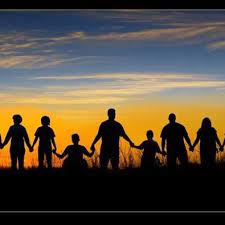
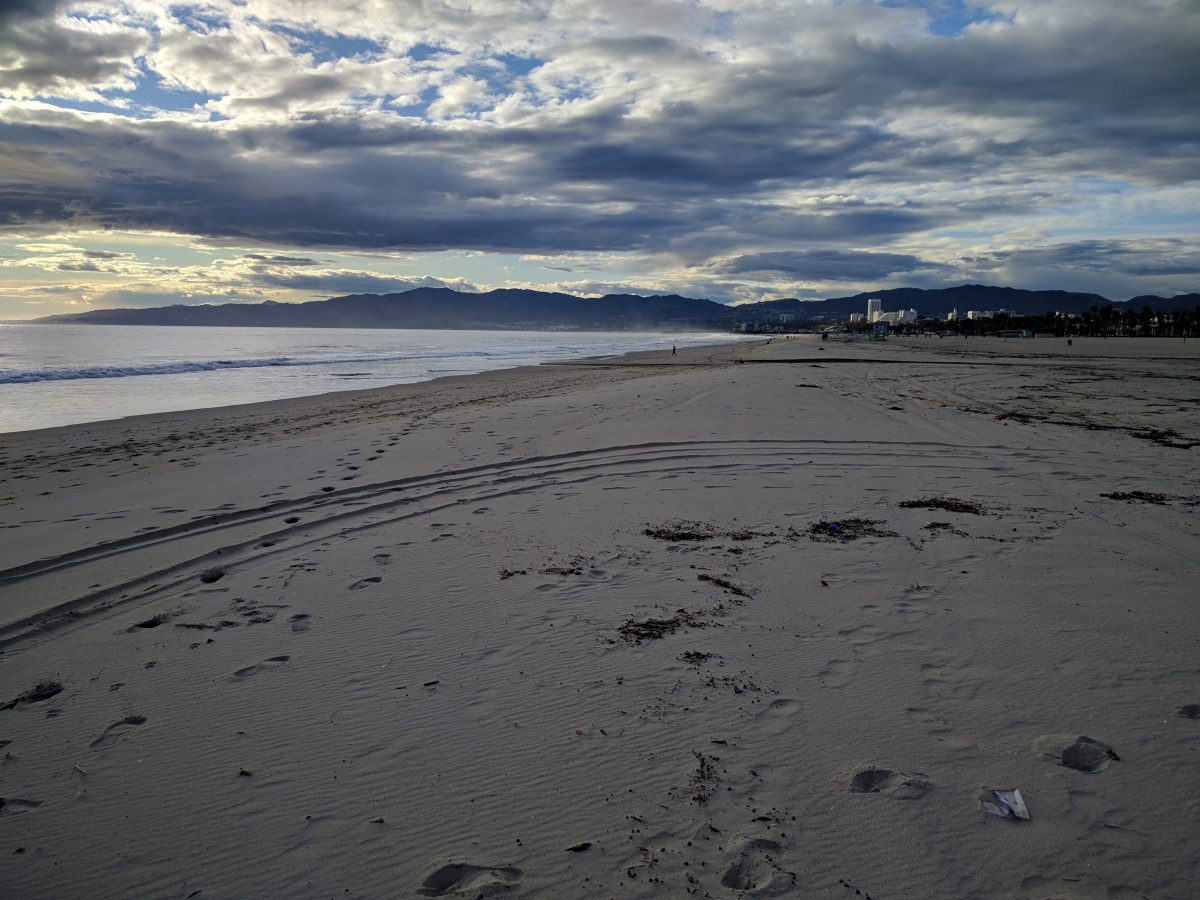
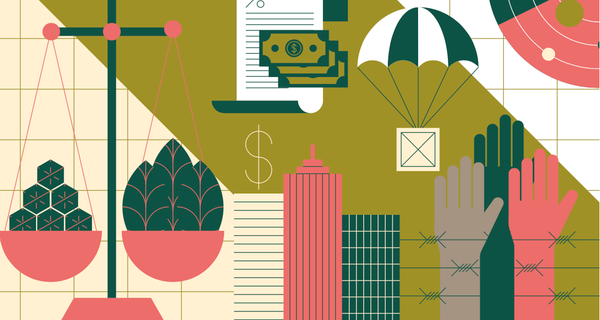

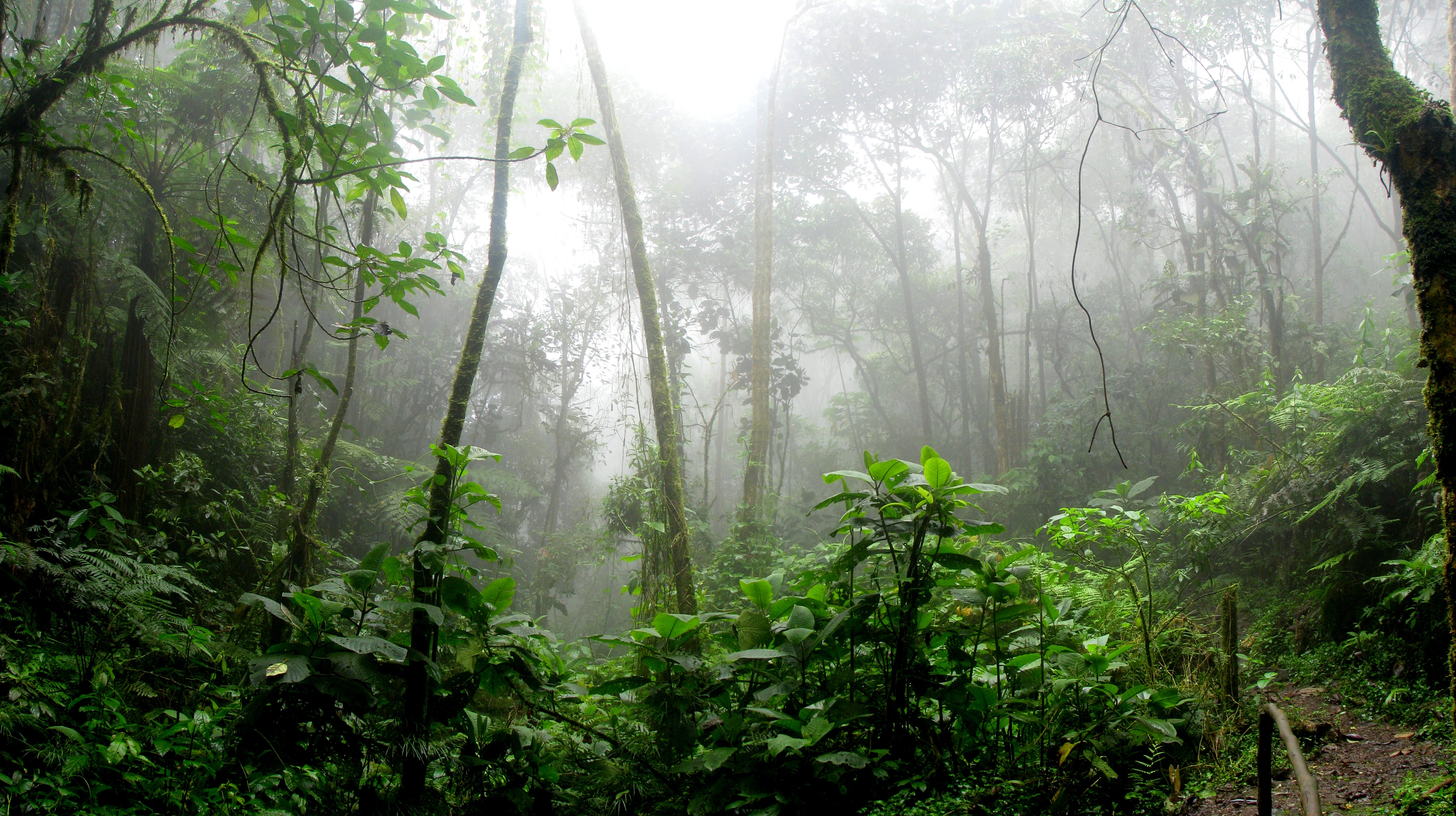
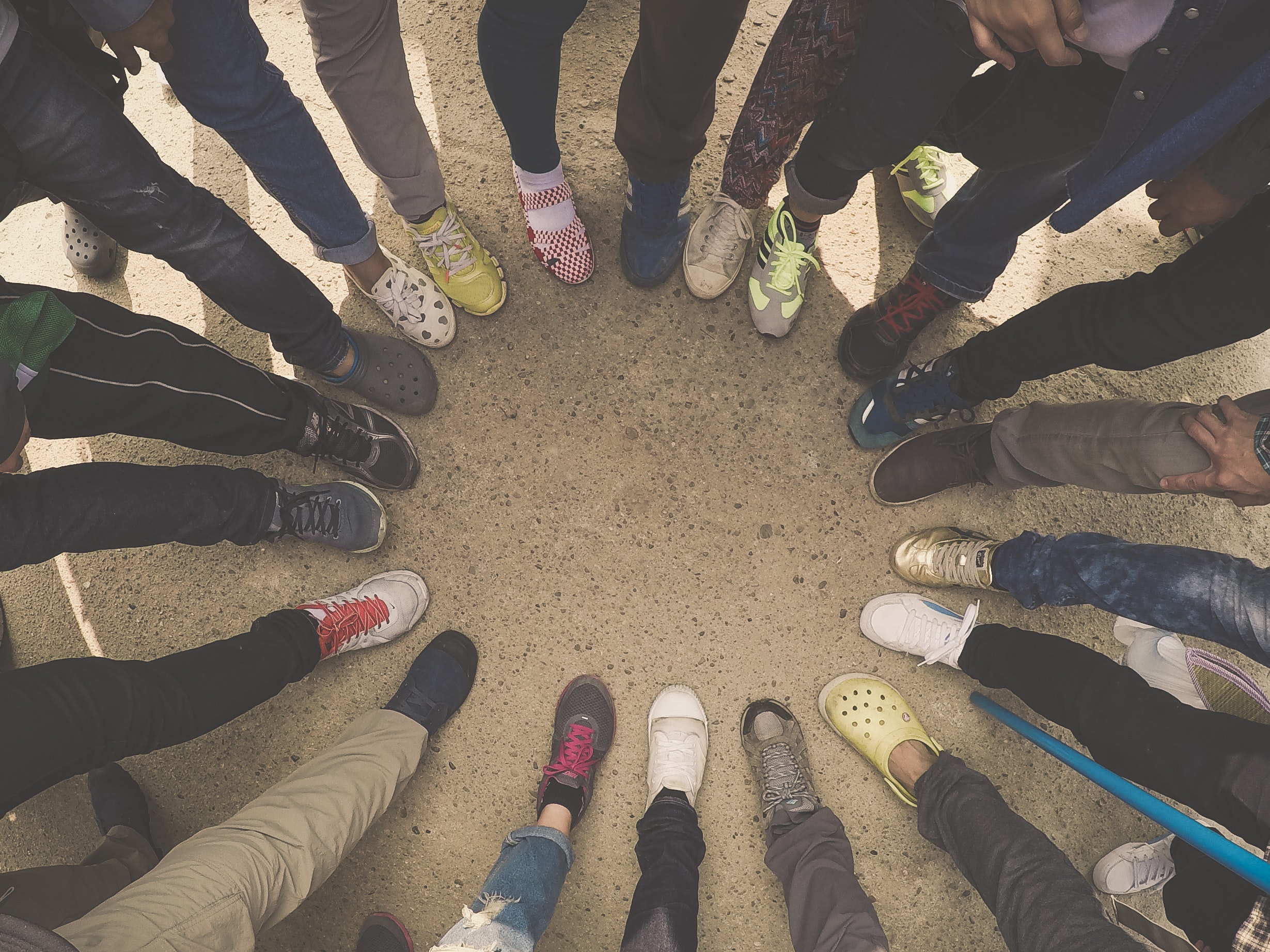 There is nothing more decentralized than a direct democracy, one in which each person has one equal vote. Such a system has never before been practical beyond the scale of a small village, so we ended up with the compromise called representative democracy. In a representative democracy, we elect a small number of people to make decisions on our behalf, but our “representatives” quickly forget they work for us and abuse their power to enrich and entrench themselves. The cost of elections goes up astronomically as special interests do everything they can to gain control of the representatives, and the will of the people is forgotten.
There is nothing more decentralized than a direct democracy, one in which each person has one equal vote. Such a system has never before been practical beyond the scale of a small village, so we ended up with the compromise called representative democracy. In a representative democracy, we elect a small number of people to make decisions on our behalf, but our “representatives” quickly forget they work for us and abuse their power to enrich and entrench themselves. The cost of elections goes up astronomically as special interests do everything they can to gain control of the representatives, and the will of the people is forgotten.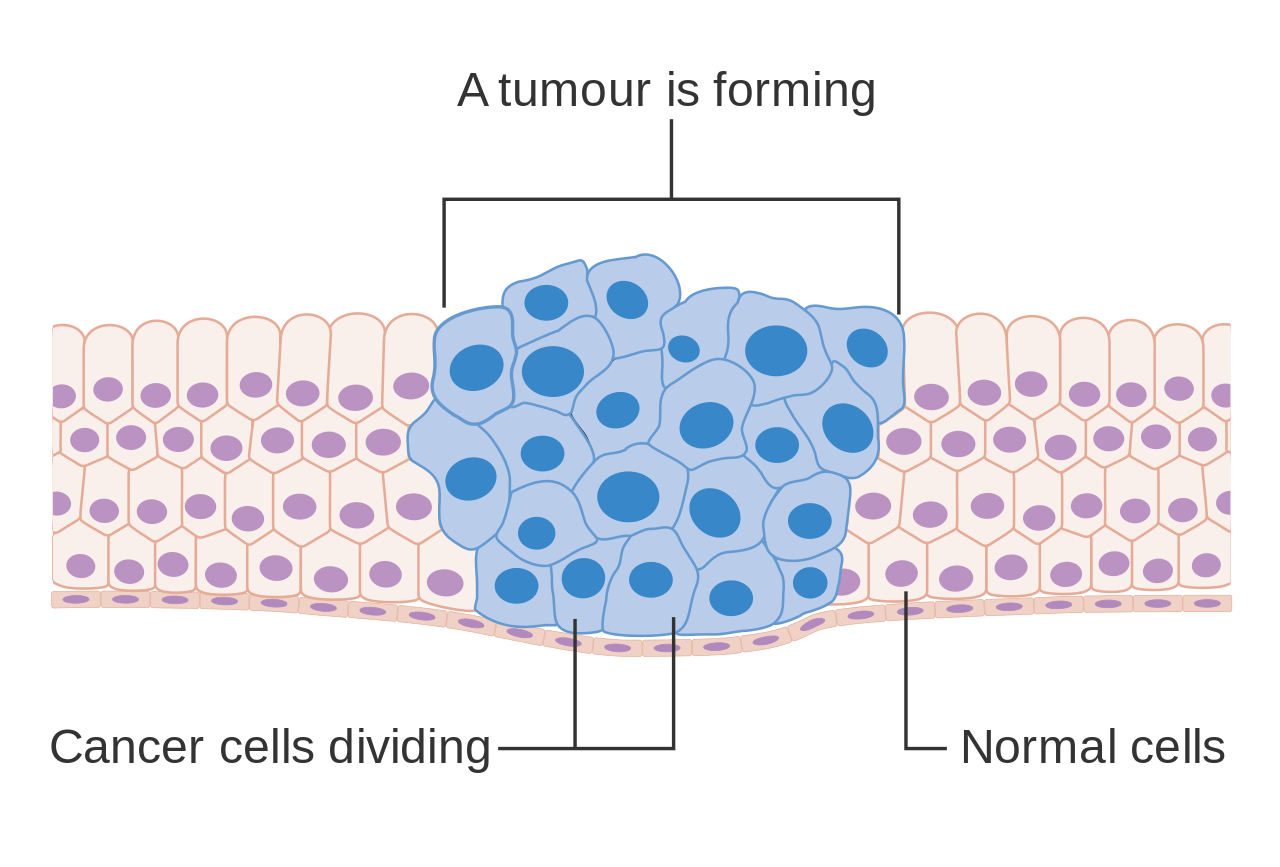 These threats, which result partially from naivete and partially from greed, include:
These threats, which result partially from naivete and partially from greed, include: One of the largest blind spots while developing a new platform for peer-to-peer exchange and direct democracy is the very organizational entity we choose to facilitate deep change in our social and moral fabric. It affects the way we relate to each other, do business and distribute power and responsibility. While representing perhaps the biggest challenge, change in this area might turn into one of the biggest opportunities.
One of the largest blind spots while developing a new platform for peer-to-peer exchange and direct democracy is the very organizational entity we choose to facilitate deep change in our social and moral fabric. It affects the way we relate to each other, do business and distribute power and responsibility. While representing perhaps the biggest challenge, change in this area might turn into one of the biggest opportunities. Is there an alternative to corporations? Yes, with the blockchain there certainly is.
Is there an alternative to corporations? Yes, with the blockchain there certainly is.